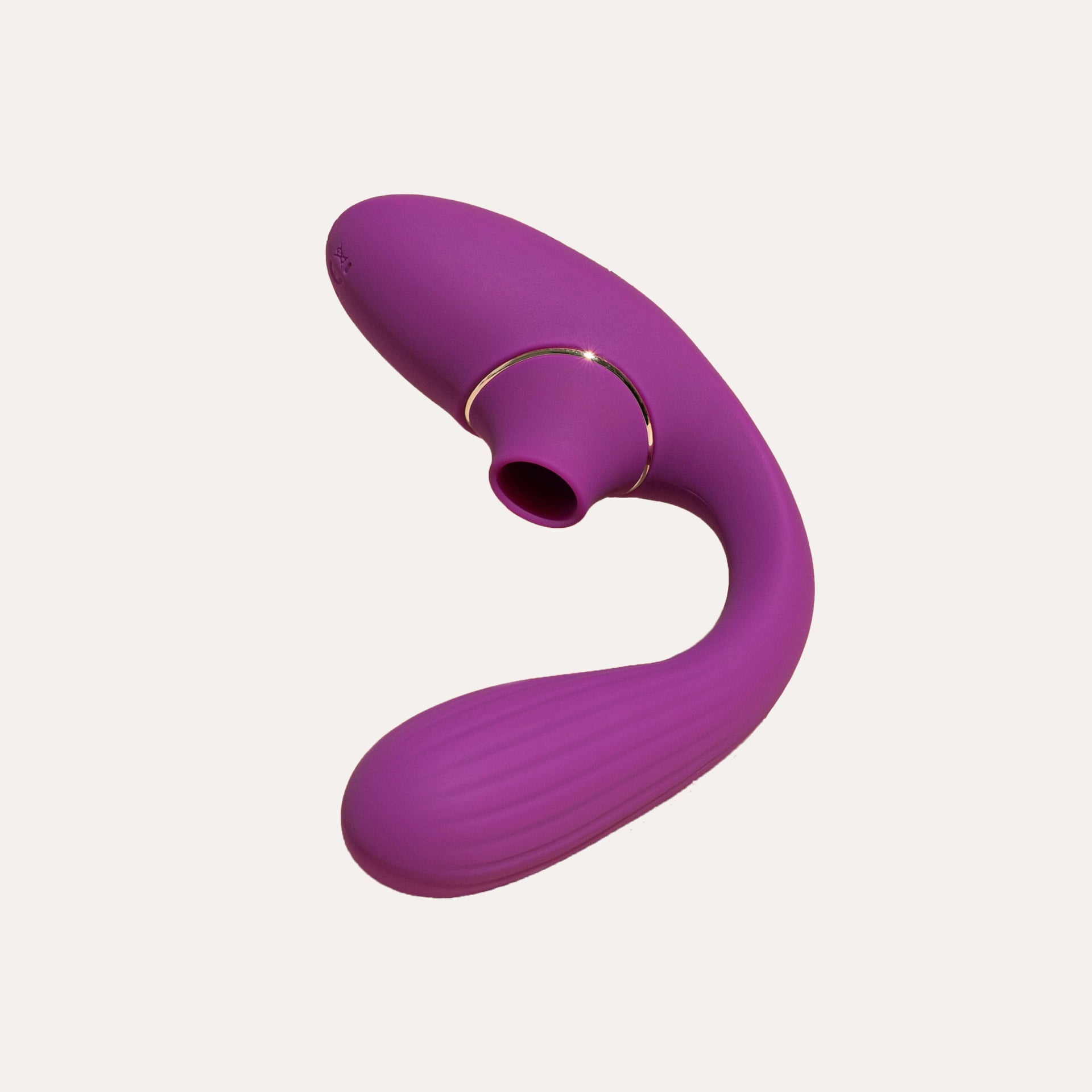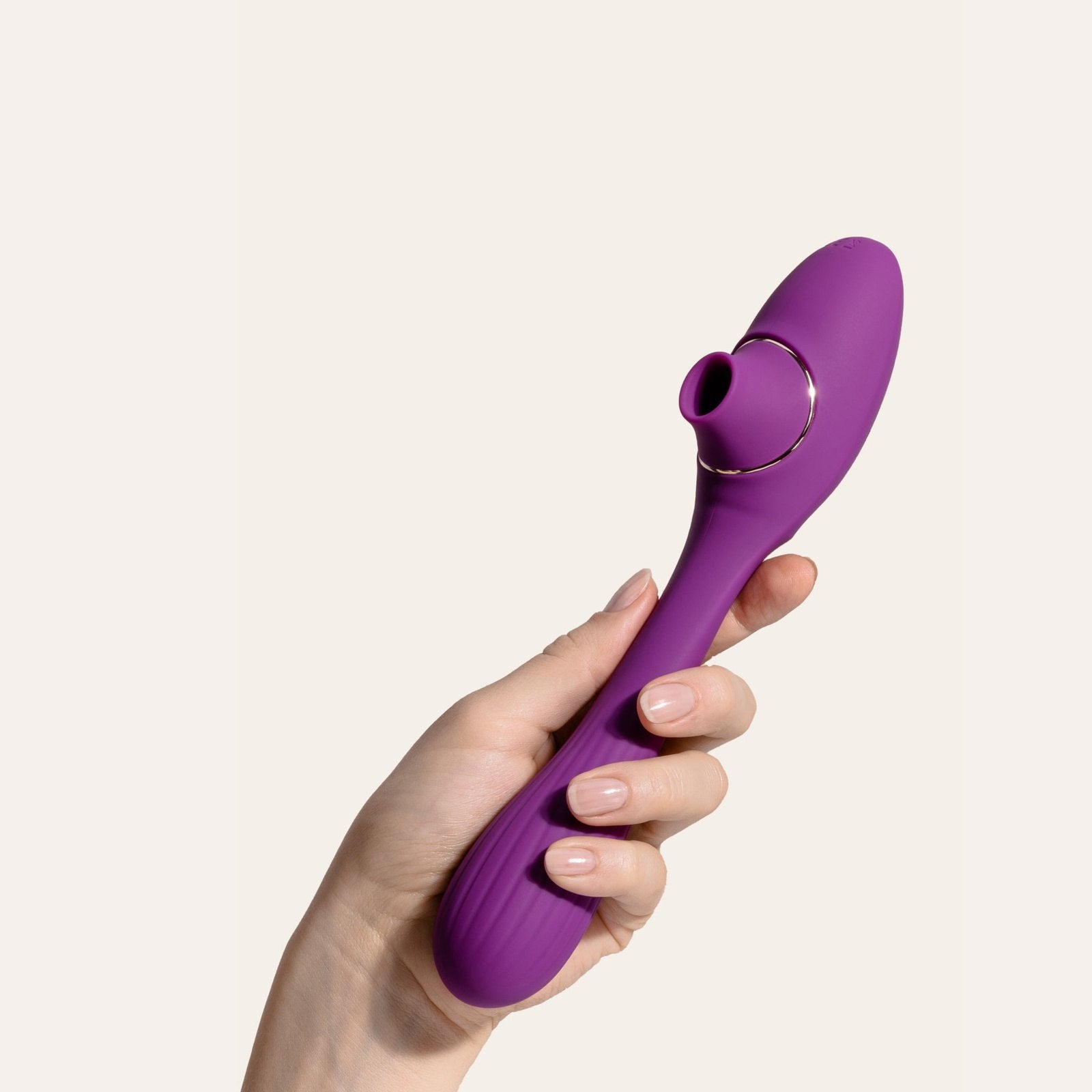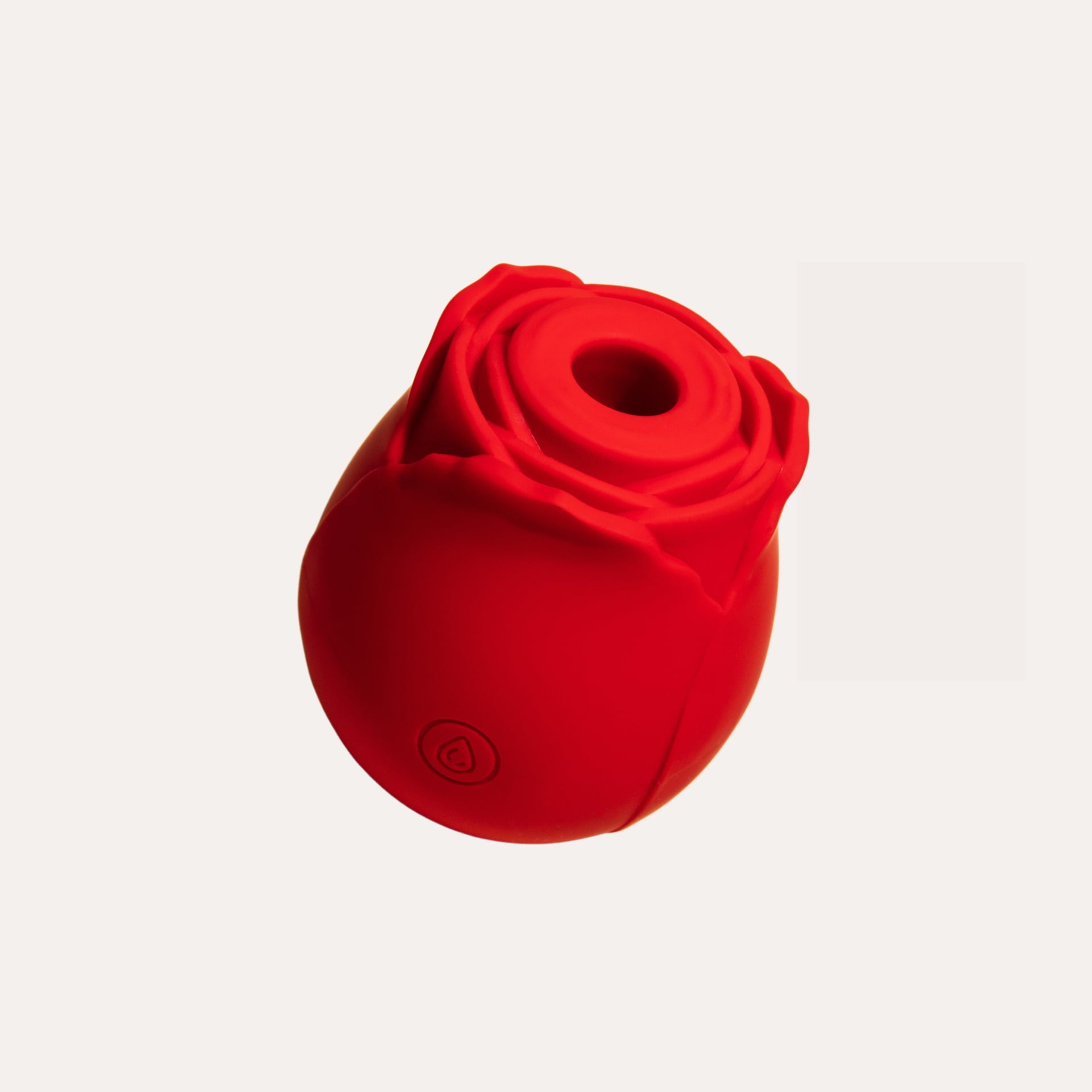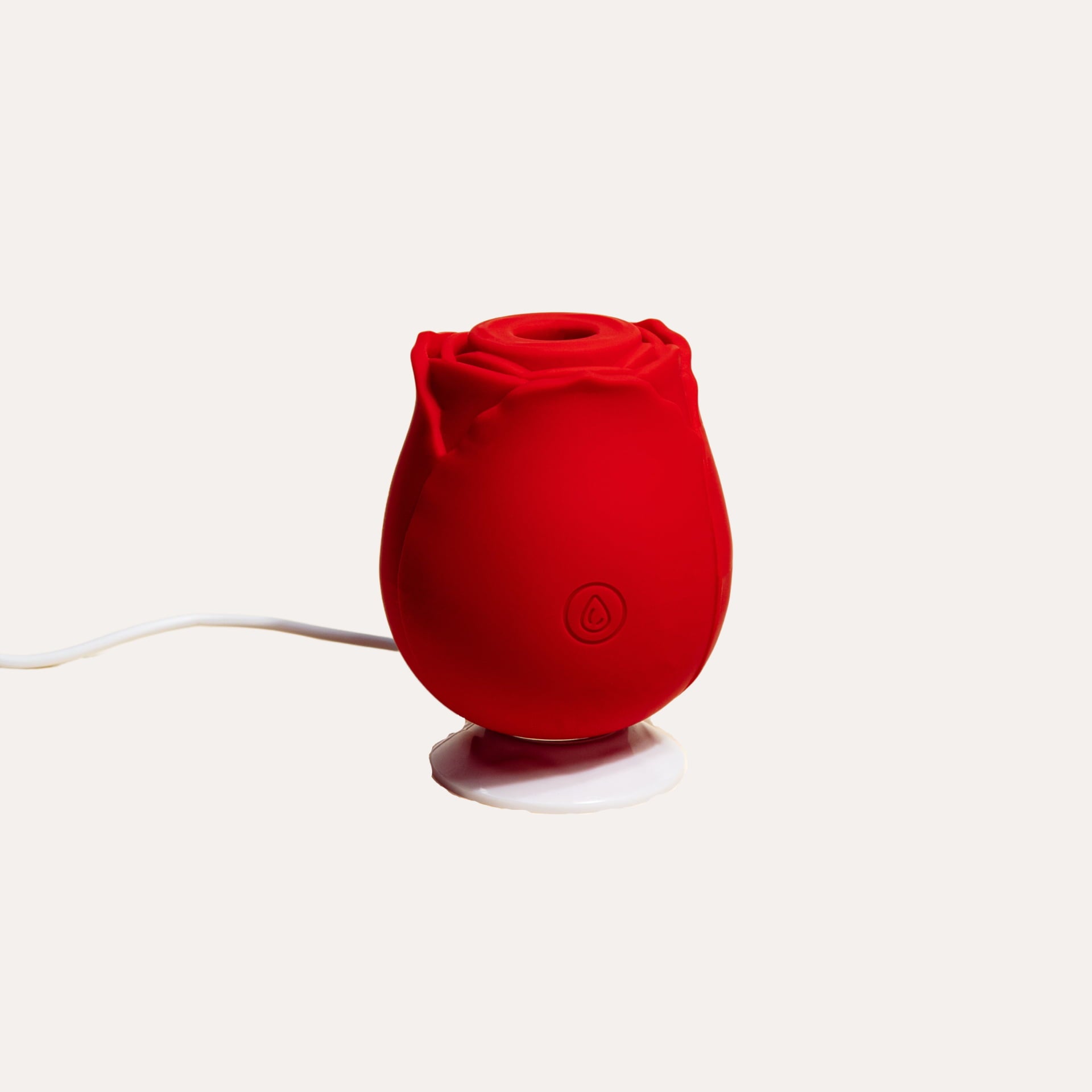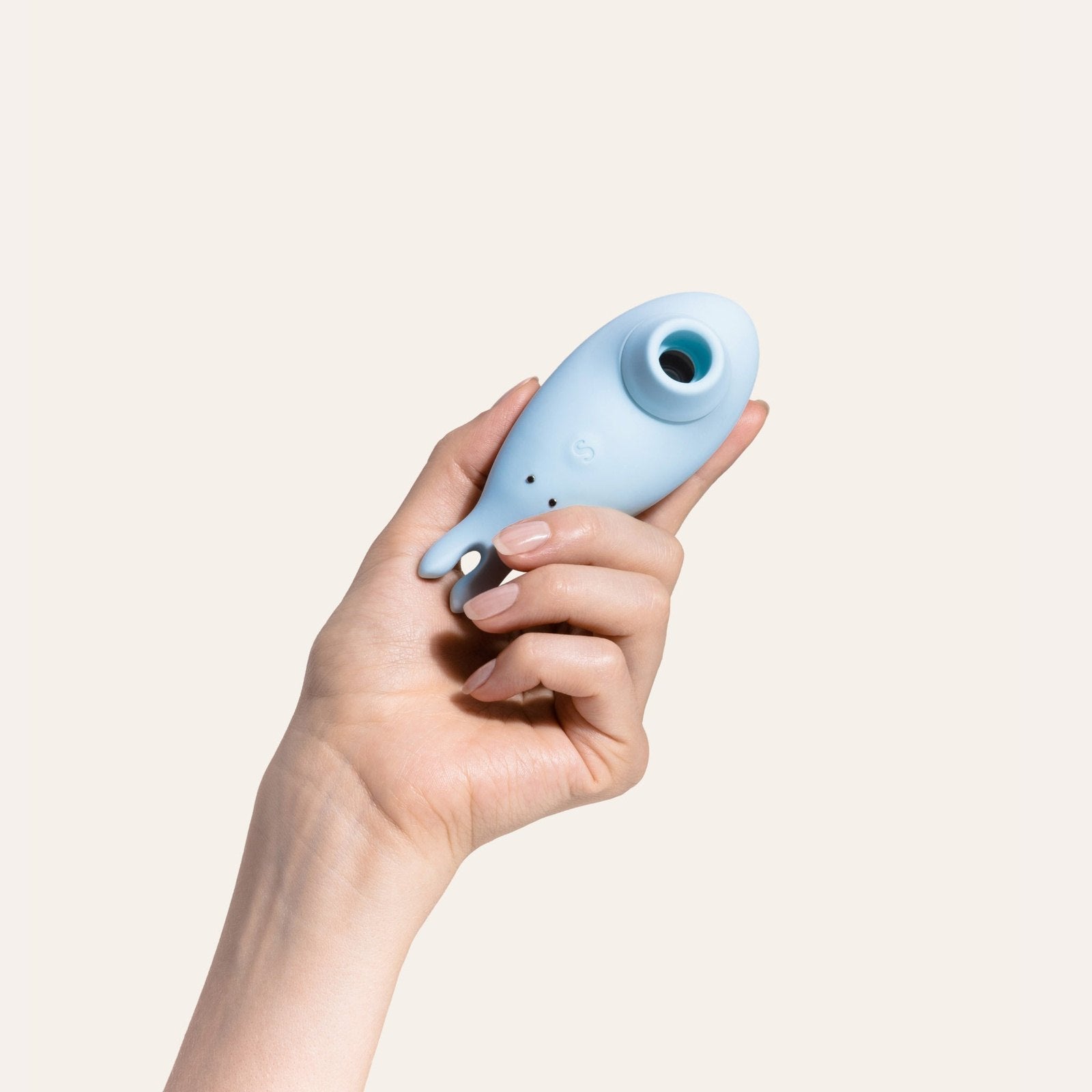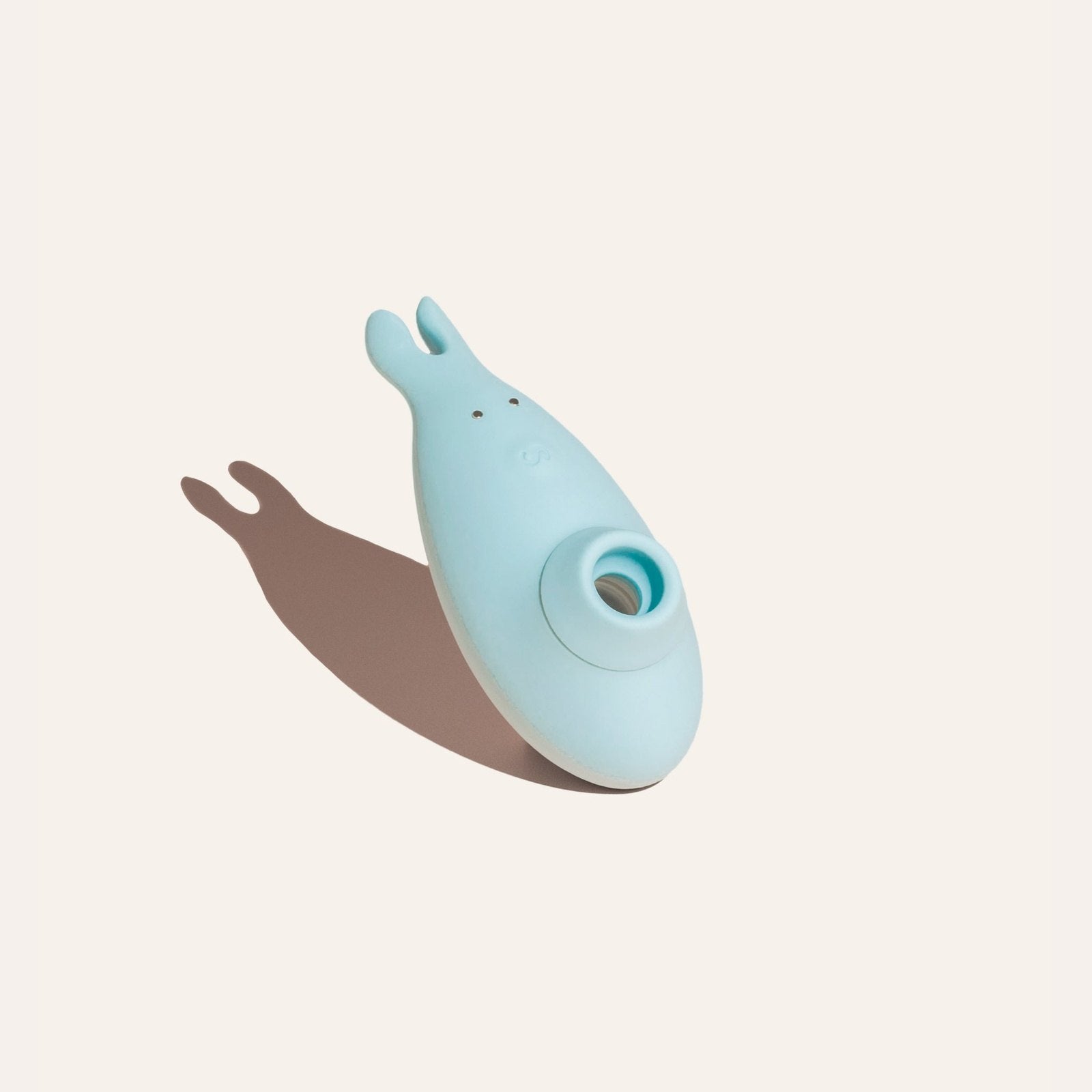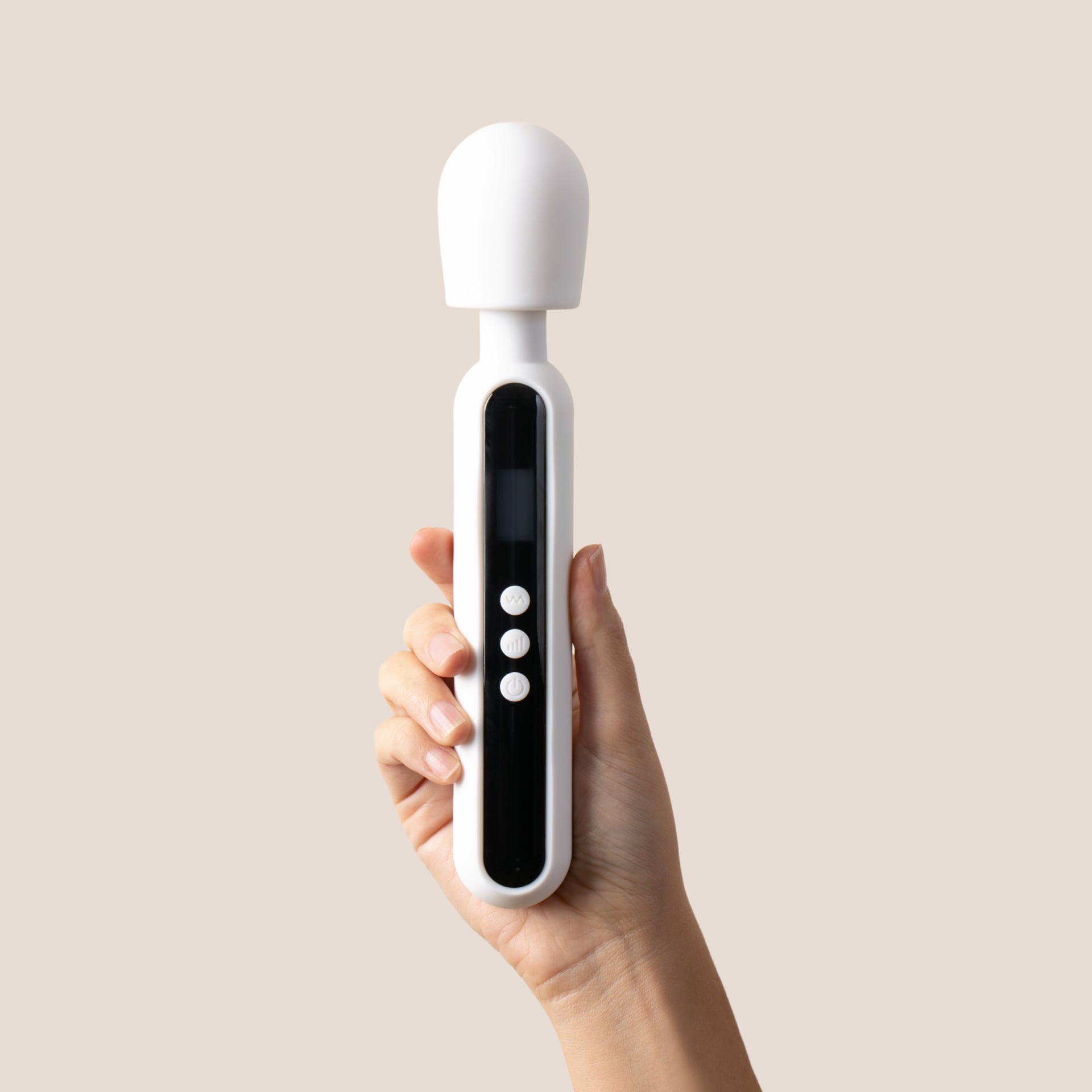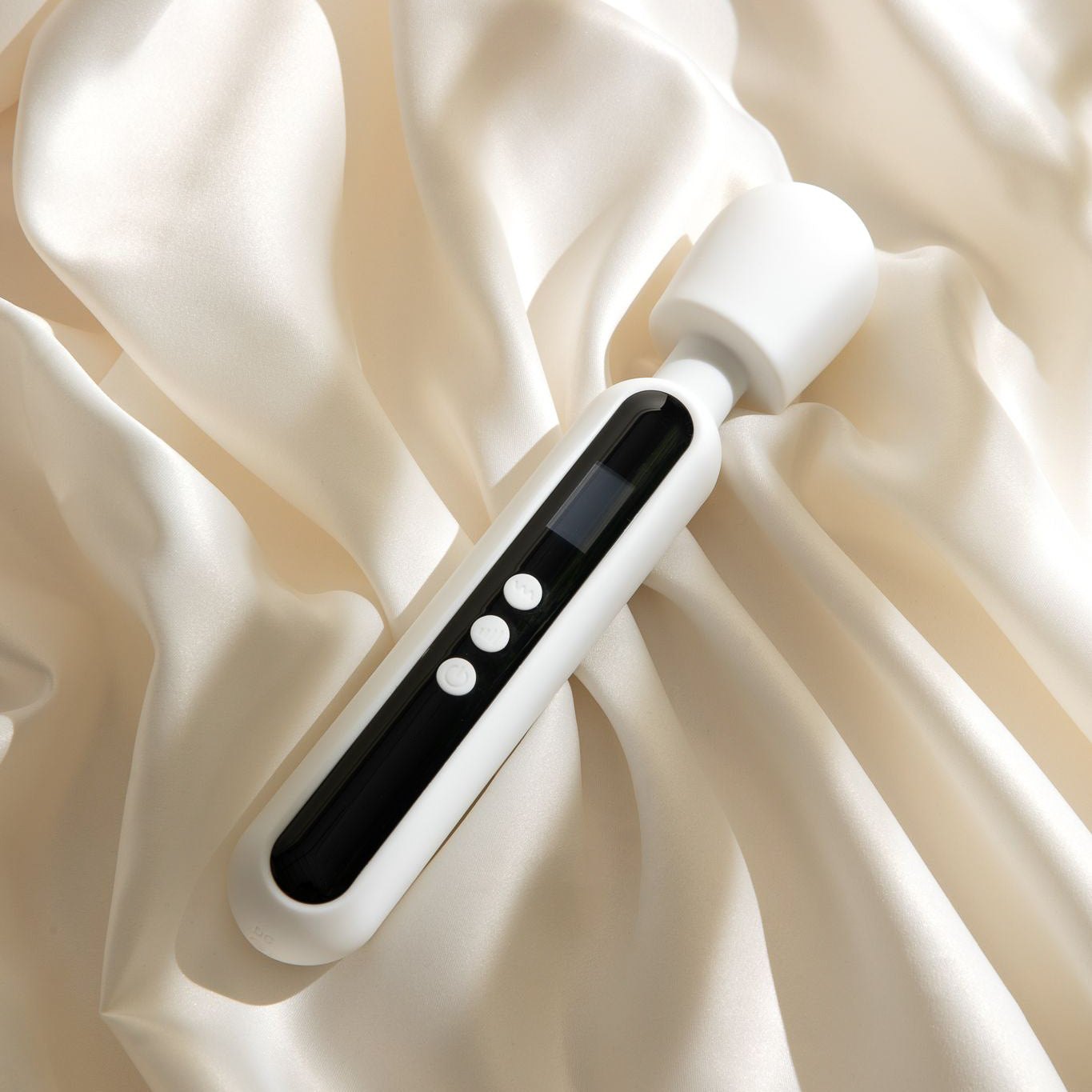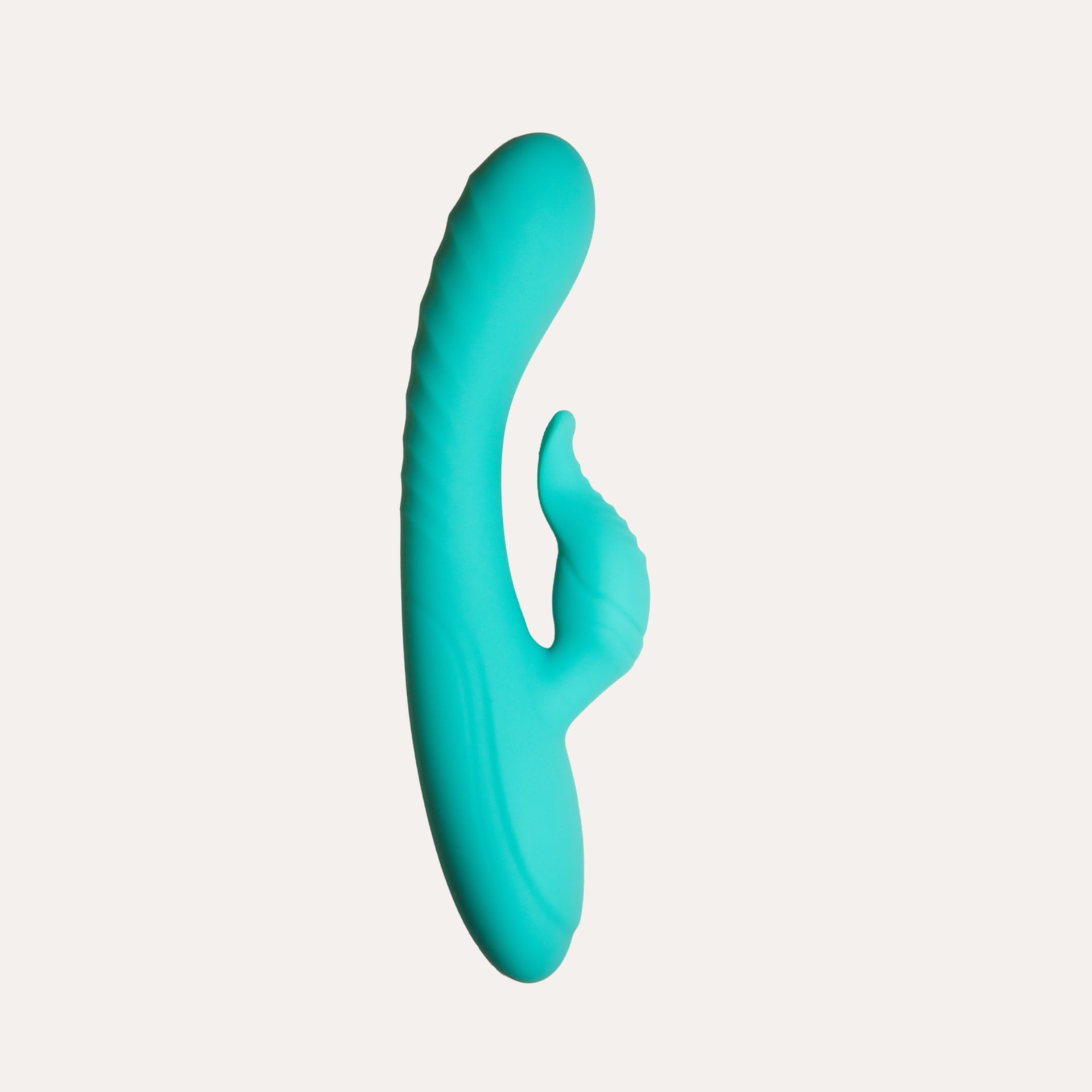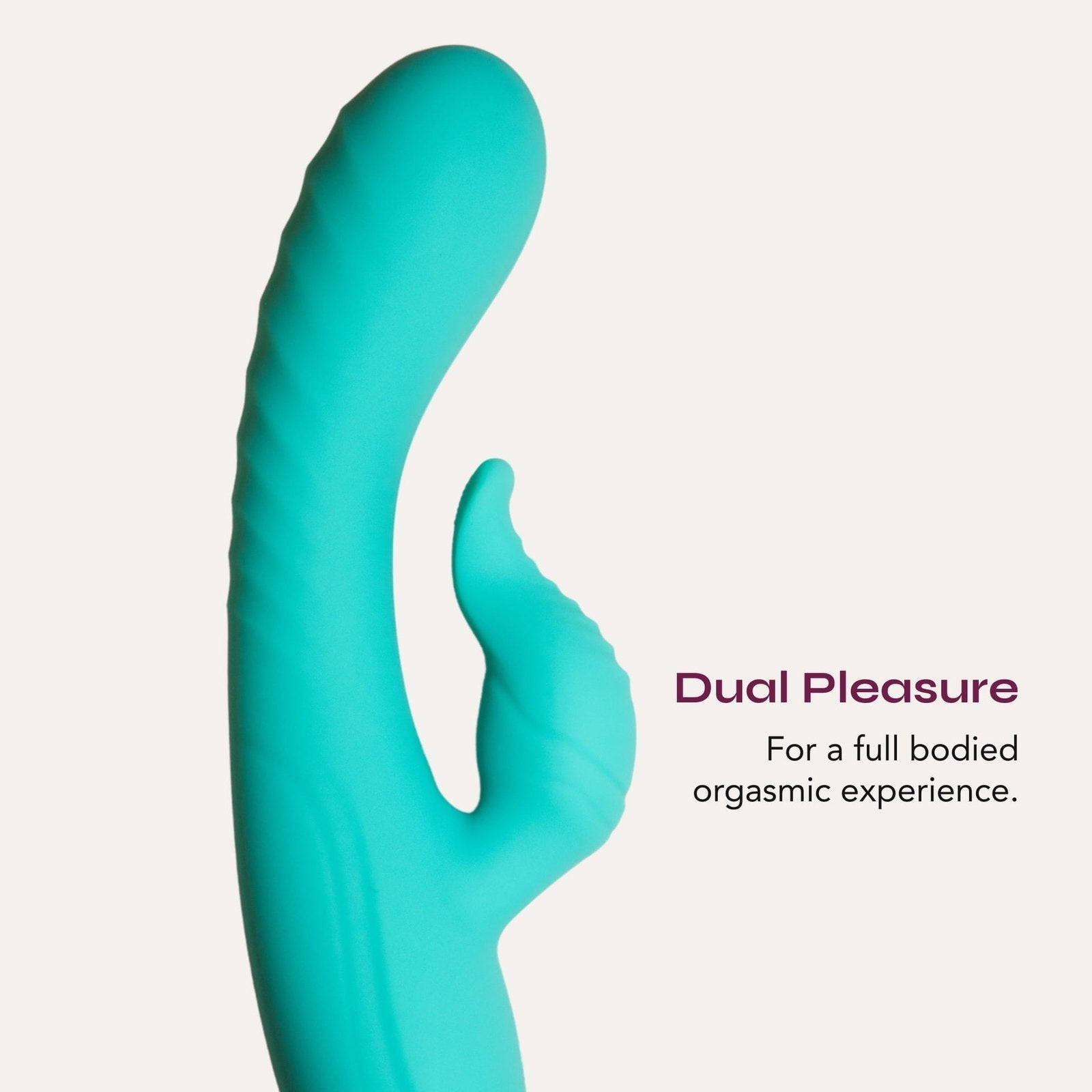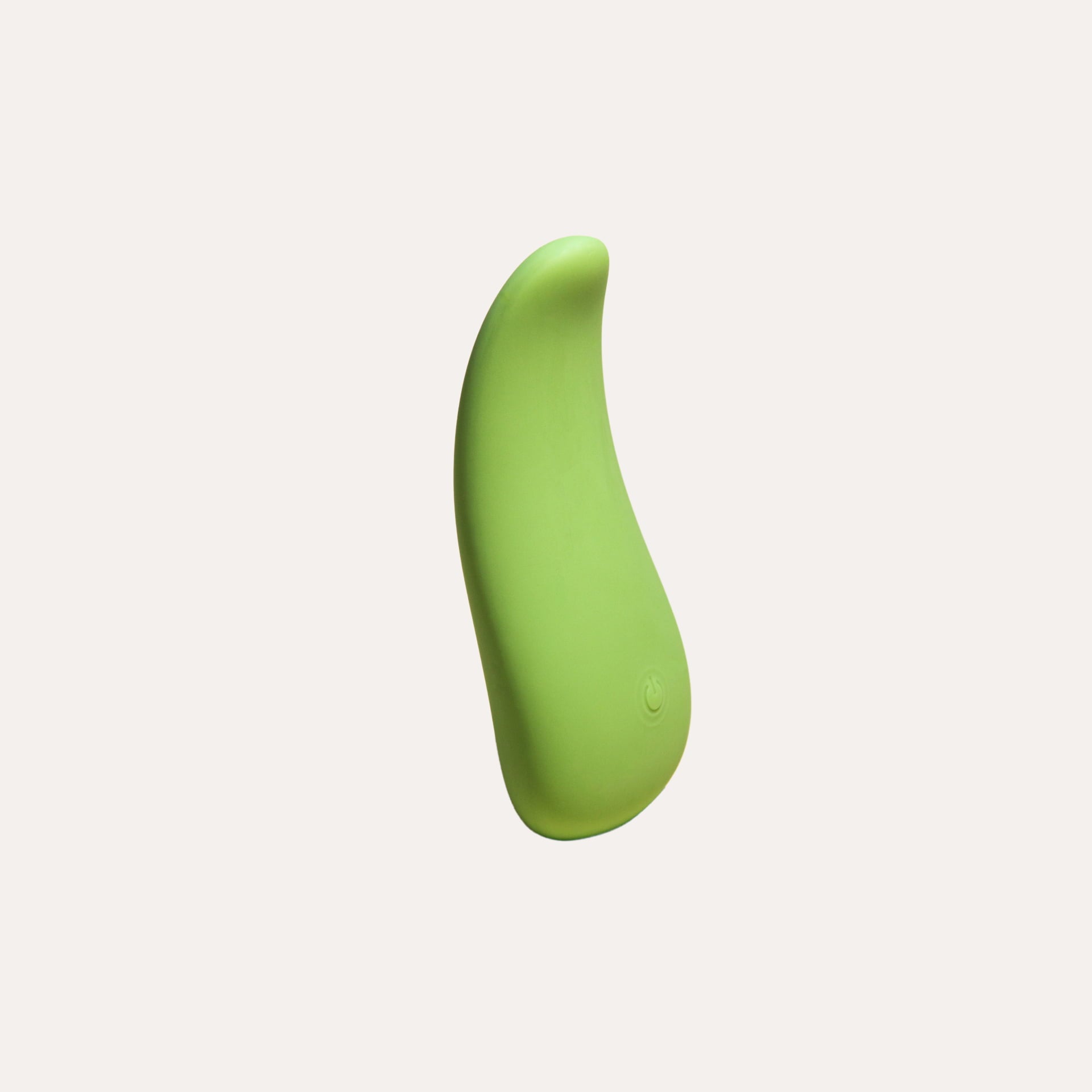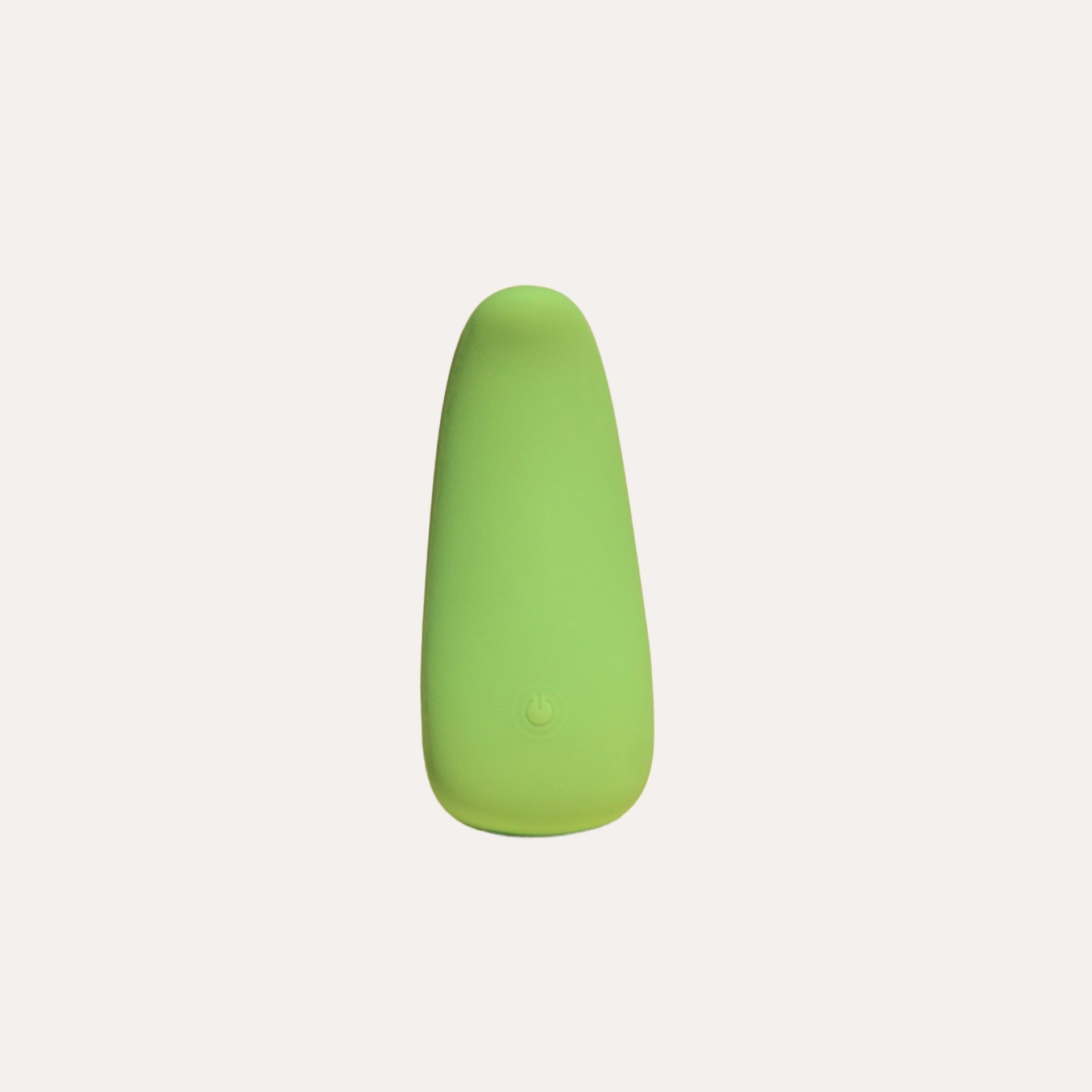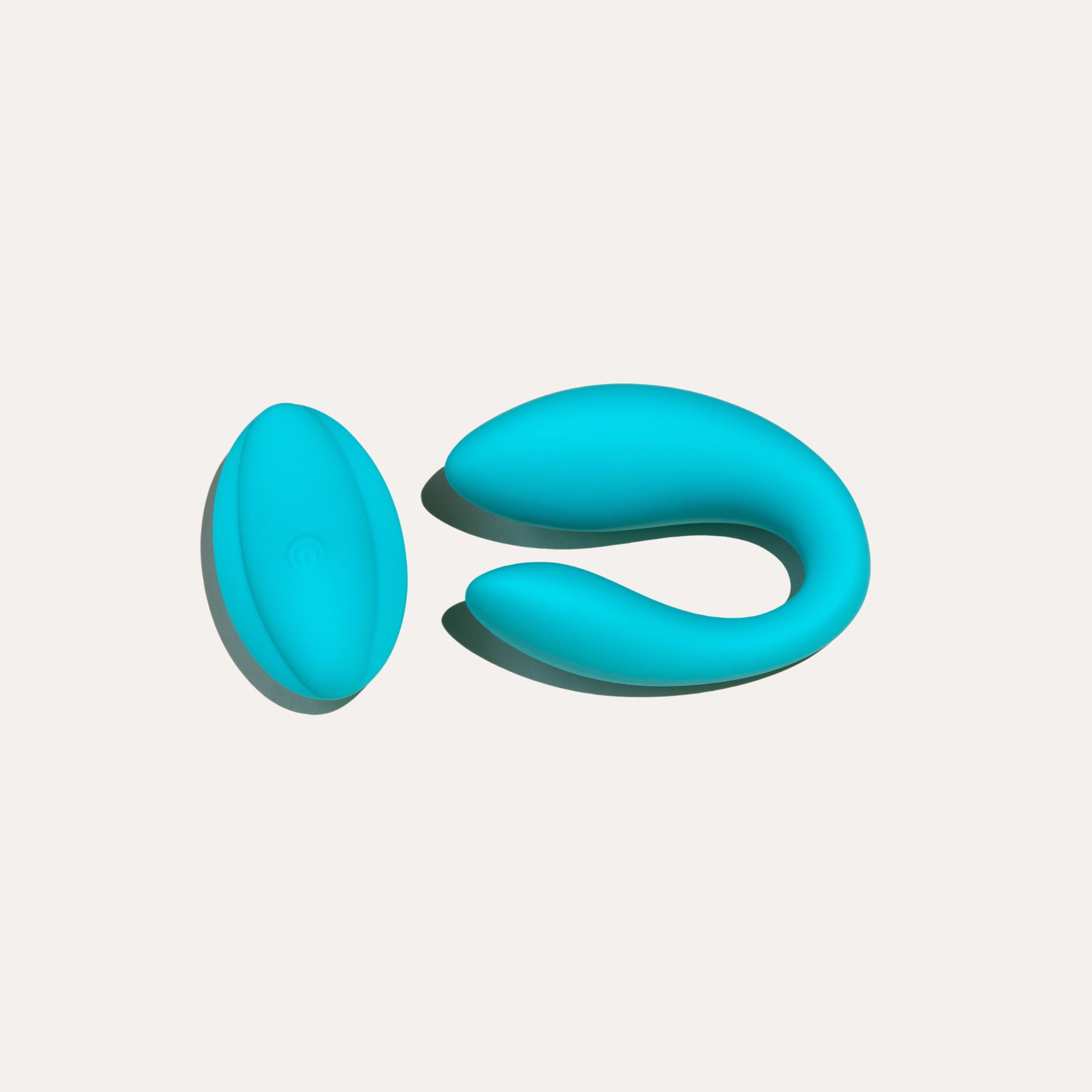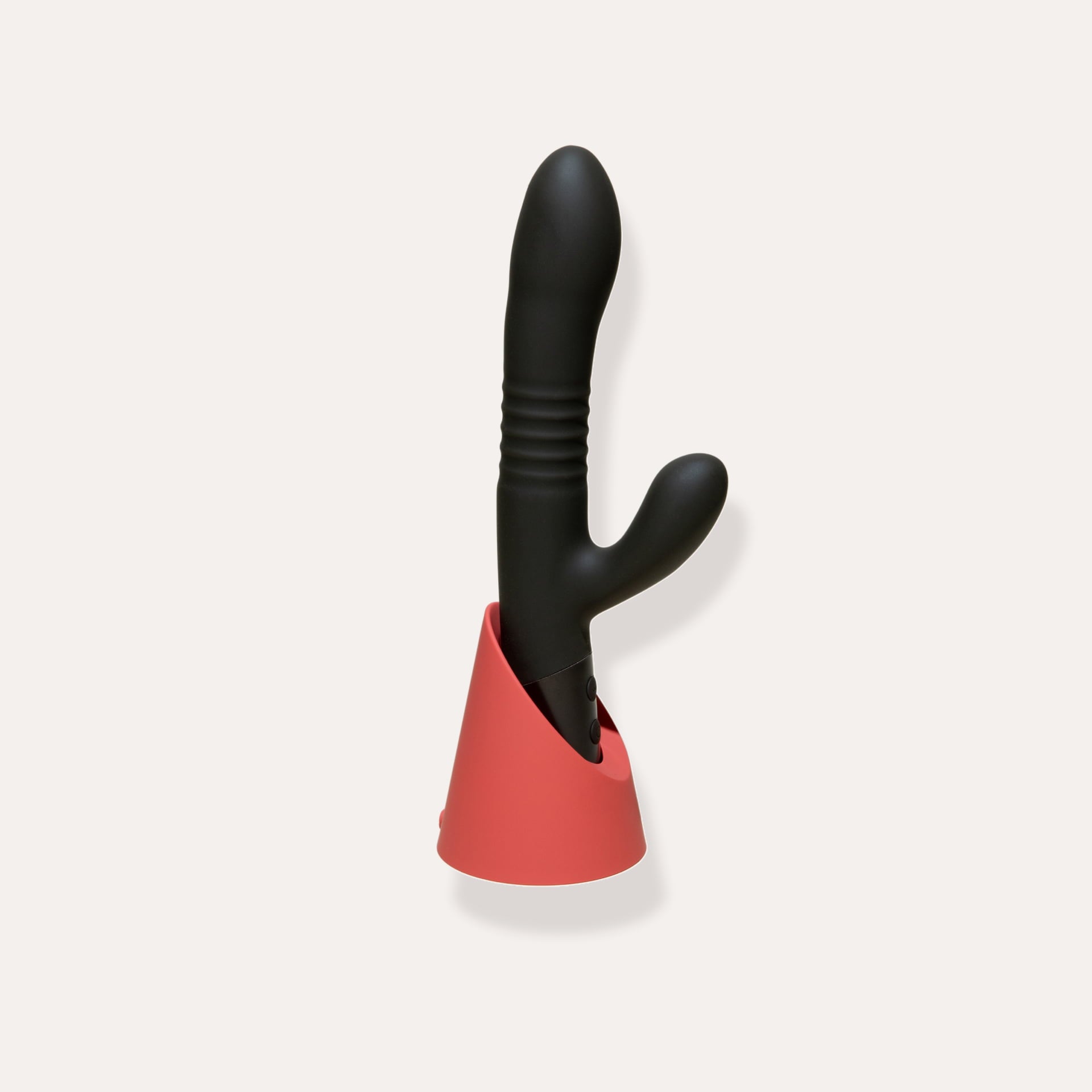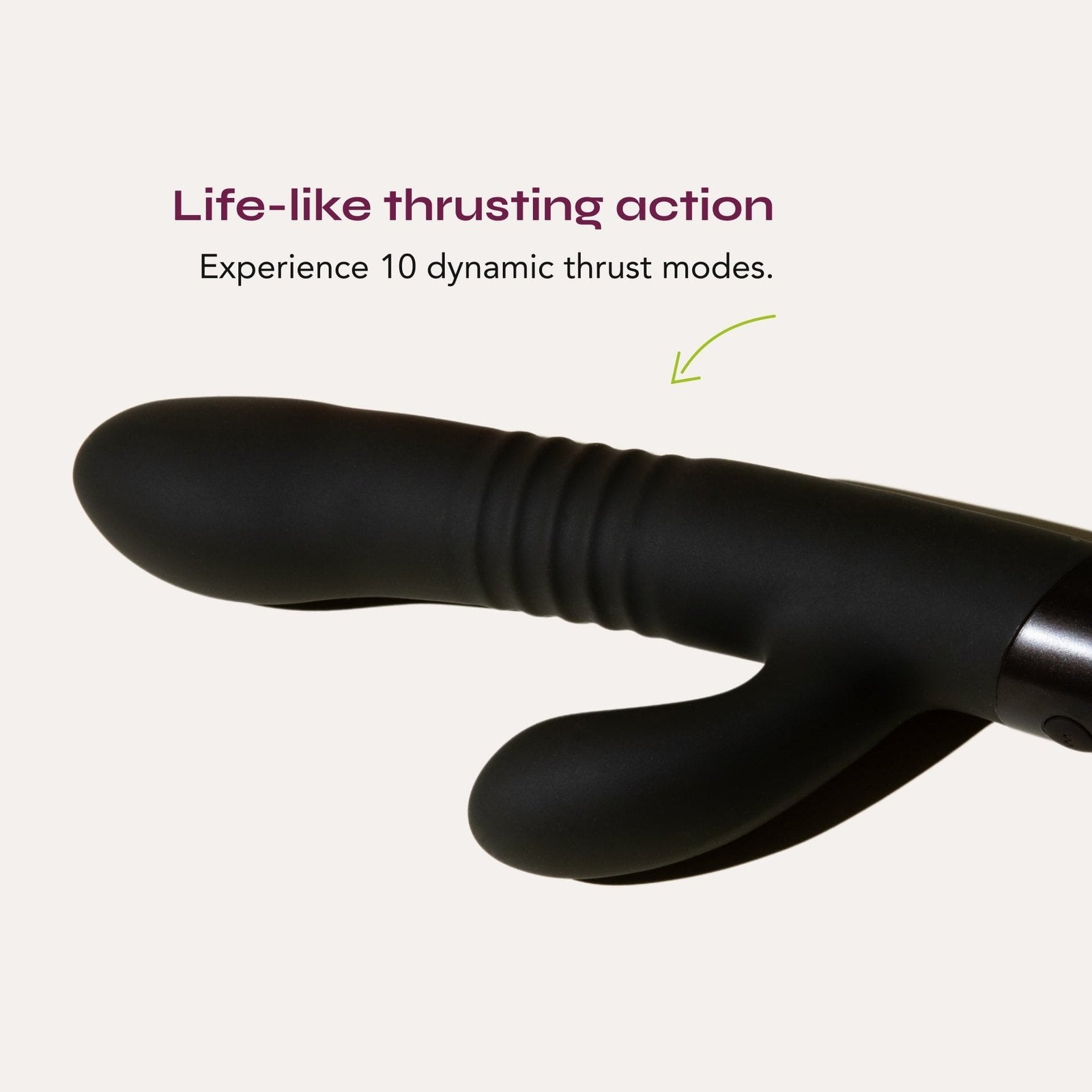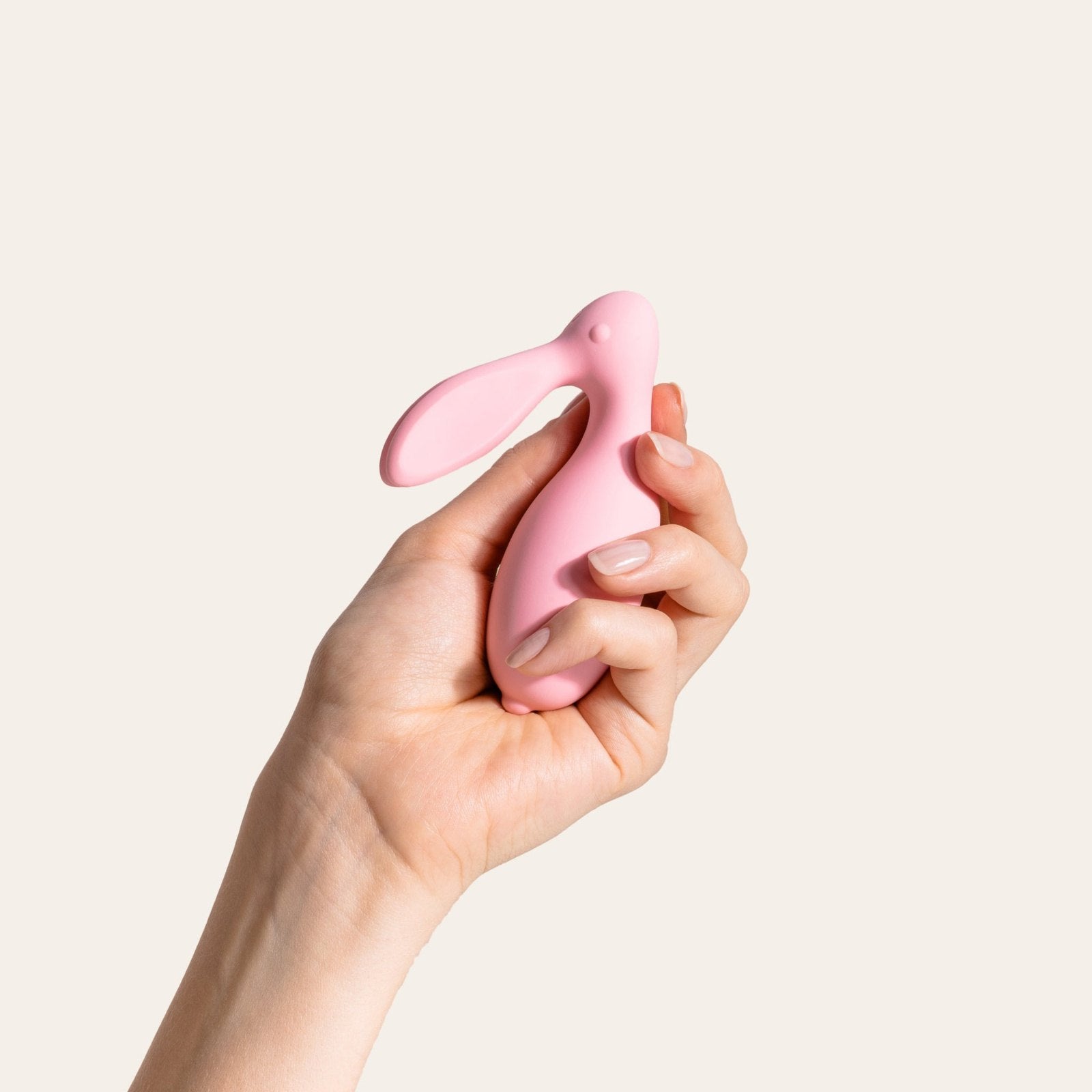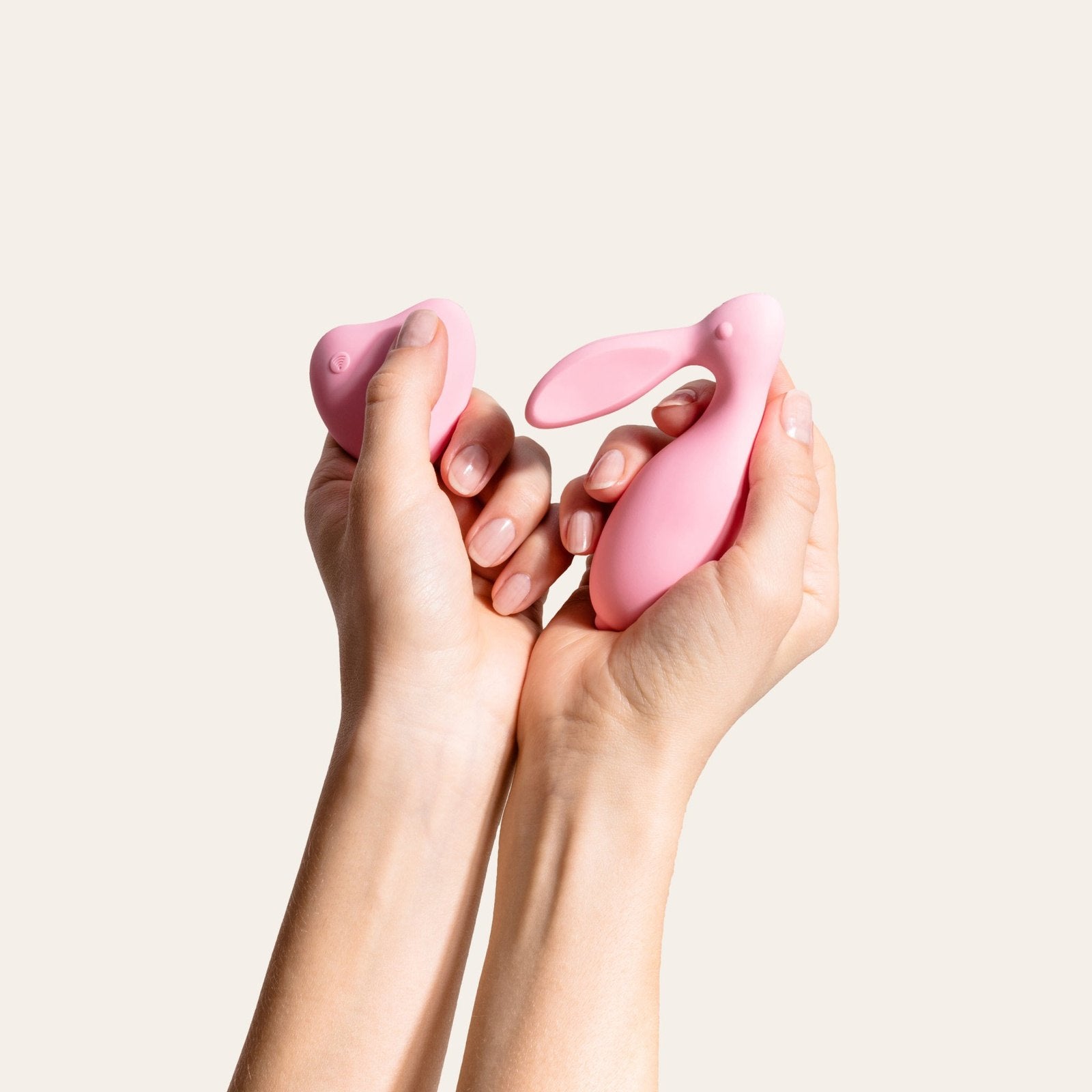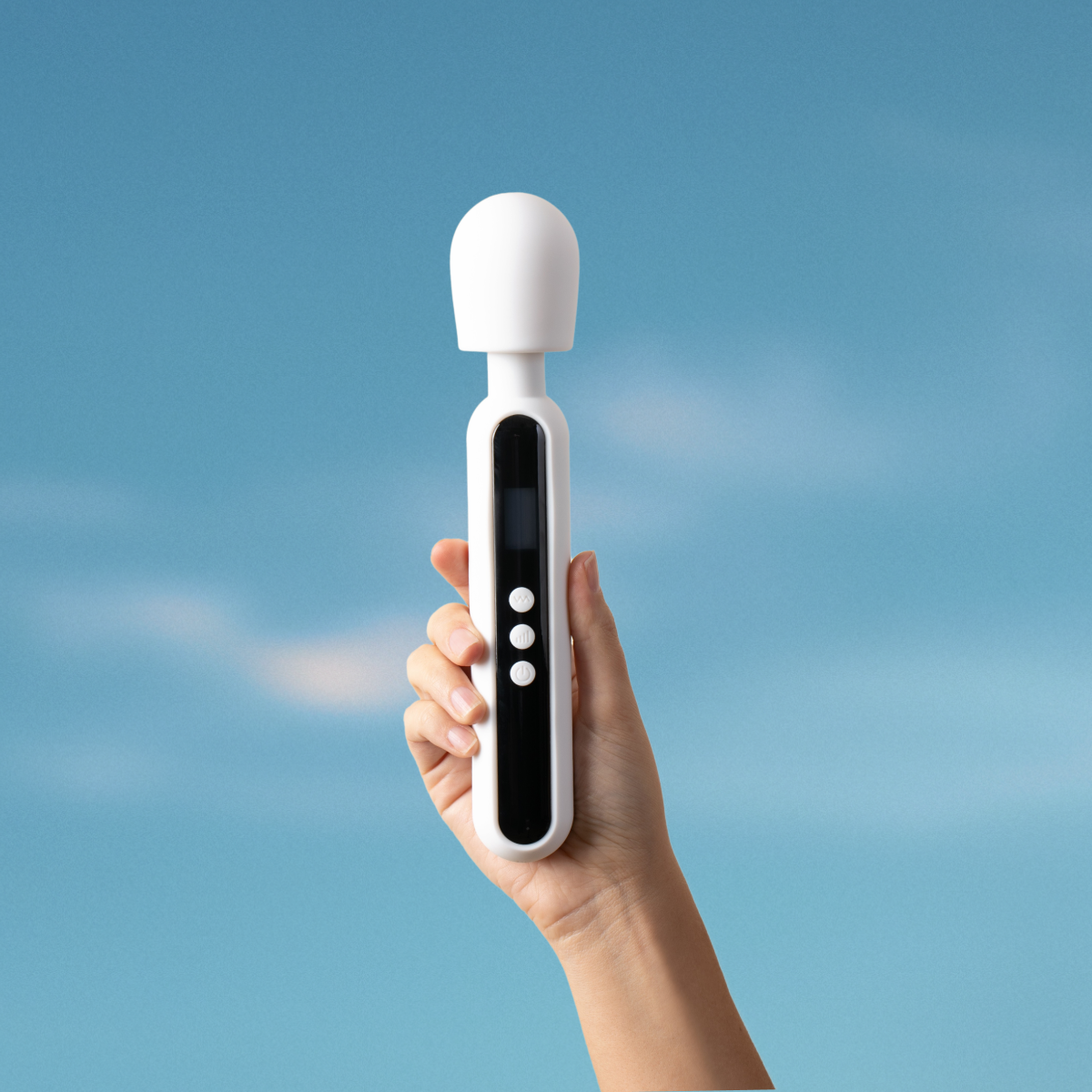Wondering if a woman can orgasm after menopause? The short answer: absolutely. While some women may notice shifts in arousal or sensitivity, these changes don’t mean pleasure is out of reach. With a little sexual health knowledge and the right tools, women can continue enjoying fulfilling orgasms well into later life.
At BerryLemon, we’re here to help you navigate the natural changes your body goes through. Let’s explore how post-menopausal hormonal shifts can impact orgasm—and how vibrators and other therapeutic aids can make a world of difference for those facing arousal or orgasm challenges.
Understanding Menopause & Its Impact on Sexual Function
Post-menopausal women experience a natural decline in estrogen. But what does that have to do with orgasms? Everything.
When estrogen declines, so too does blood flow to the genital area. This reduced blood flow can lead to several changes:
- Lower sexual desire: You might find yourself less interested in sex than before.
- Reduced sexual response and arousal: It may take longer to become aroused or reach orgasm.
- Decreased clitoral sensitivity: Lower estrogen can reduce sensation in the clitoris, potentially affecting arousal and orgasm.
- Vaginal dryness: This can make intercourse uncomfortable or even painful.
- Thinning of vaginal walls: The vagina may become less elastic and more fragile, making penetrative sex painful.
- Pelvic floor weakness: Estrogen helps maintain pelvic floor muscle strength, so its decline can lead to weakened muscles, potentially affecting orgasm intensity.
- Vaginal and clitoral atrophy: Decreased estrogen can cause the vaginal and clitoral tissues to shrink and lose elasticity. This can lead to discomfort during intercourse, reduced sexual sensation, and potential difficulty achieving orgasm.
However, these changes don't mean the end of your sex life. Many women report that with proper knowledge and tools, they can maintain or even improve their sexual satisfaction post-menopause.
Let's talk about solutions.
Yes, Orgasms Are Still Possible Post-Menopause
We’re debunking the myth that women can’t orgasm post-menopause. Of course they can! They just might need to adjust how they approach pleasure and orgasm.
Let’s talk about it.
When it comes to orgasms after menopause, there's one star player you need to know about: the clitoris. This powerhouse of pleasure doesn't bow out when estrogen levels drop. Though it might need some extra TLC, the clitoris is the hero of post-menopausal orgasms and therapeutic treatment.
A new study suggests that the clitoris boasts 10,281 nerve endings on average, 20% more than previously estimated. These nerve endings aren’t going anywhere post-menopause. What might decrease is blood flow which decreases sensitivity but that is fixable!
The remedy? Regular clitoral stimulation. This improves blood flow to the area; it's like a workout for your pleasure center, enhancing sensitivity and arousal over time.
The Role of Vibrators & Therapeutic Aids
Vibrators can be an absolute game-changer for post-menopausal women. These handy tools offer consistent, adjustable stimulation that can awaken nerve endings and increase blood flow to your most sensitive areas.
For those experiencing decreased sensitivity, a vibrator can provide that extra oomph needed to reach climax. Plus, using a vibrator regularly can actually help maintain healthy blood flow, increase vaginal elasticity, and lubrication.
Here’s What Science Says About Menopause & Vibrators
Don’t just take our word for it. Here’s a look at groundbreaking studies that suggest vibrators as therapeutic intervention for women.
A 2016 study suggests within just 3 months of regular vibrator use, 67% of participants with orgasm difficulty reported increased orgasms, lubrication, libido, arousal, and sensation.
A 2024 study published in the International Urogynecology Journal found that regular vibrator use can have significant benefits for women's pelvic and sexual health.
The study, which included women aged 19-80, showed that after 3 months of regular vibrator use:
- Sexual function significantly improved
- Bothersome pelvic organ prolapse symptoms decreased
- Pain scores significantly decreased
- Symptoms of vaginal atrophy improved
- Rates of depression decreased
These findings suggest that vibrators aren't just for pleasure - they can be valuable tools for maintaining sexual, genitourinary, and mental health as we age.
If you're experiencing menopause-related changes or pelvic health issues, incorporating a vibrator into your self-care routine might offer more benefits than you expect.
The Best Vibrator For Menopausal Women
When choosing a vibrator, look for ones designed with post-menopausal bodies in mind. Opt for models with strong rumbly motors, softer silicone and adjustable intensities.
Some women find that broader, wand-style vibrators work well for external stimulation, while others prefer smaller, more targeted devices.
Amongst our post-menopausal buyers Aura, the air pulse vibrator, is the clear winner.
The experience of nuanced air pulsations against the clitoris is not only incredibly orgasmic, but is great for improving sensitivity, natural lubrication, and libido. This is because Aura is a targeted and powerful clitoral stimulator, absolutely perfect for those with orgasm difficulties. With regular use, you too may find improvement.
Summary: Can a Woman Orgasm After Menopause?
Yes! A post-menopausal woman can experience orgasms like she always has. However, she might need to adapt slightly if she experiences low sensation or low arousal. Tools like vibrators and lubricants are indispensable for those post menopause.



